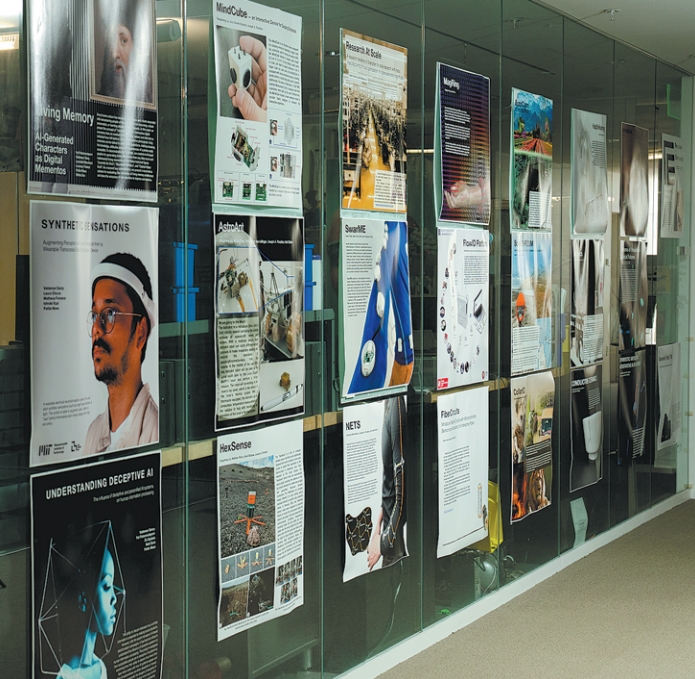Tech calls the shots
Singaporean universities report fewer cases of AI plagiarism, but experts warn of risks


Editor's note: In this weekly feature China Daily gives voice to Asia and its people. The stories presented come mainly from the Asia News Network (ANN), of which China Daily is among its 20 leading titles.
The number of students caught plagiarizing and passing off content generated by artificial intelligence as their own work remains low, the public universities here said following a recent case at the Nanyang Technological University.
But professors are watching closely for signs of misuse, warning that overreliance on AI could undermine learning. Some are calling for more creative forms of assessment.
Their comments follow the Nanyang Technological University's decision to award three students zero marks for an assignment after discovering they had used generative AI tools in their work.
The move drew attention after one of the students posted about it on online forum Reddit, sparking debate about the growing role of AI in education and its impact on academic integrity.
All six universities here generally allow students to use generative AI to varying degrees, depending on the module or coursework. To uphold academic integrity, students are required to declare when and how they use such tools.
In the past three years, the Singapore Management University recorded "less than a handful" of cases of AI-related academic misconduct, it said, without giving specific numbers. Similarly, the Singapore University of Technology and Design encountered a "handful of academic integrity cases, primarily involving plagiarism", during the same period.
At the Singapore University of Social Sciences, confirmed cases of academic dishonesty involving generative AI remain low, but the university has seen a "slight uptick" in such reports, partly due to heightened faculty vigilance and use of detection tools.
The other universities — the National University of Singapore, the Singapore Institute of Technology, and the Nanyang Technological University — did not respond to queries about whether more students have been caught for flouting the rules using AI.

































